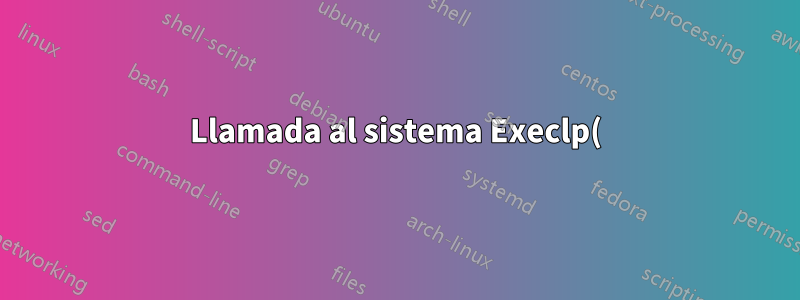%20.png)
He creado mi propio shell en Linux. Toma la ruta del archivo y el comando. Opera comandos simples como grep ls, etc. Utiliza la llamada al sistema execlp().
por ejemplo, /bin/ls ls < este comando se ejecuta correctamente.
ls <¡este comando no se ejecuta!
Sólo quiero saber qué estoy haciendo mal aquí.
#include <iostream>
#include <sys/wait.h>
#include <unistd.h>
#include <string.h>
#include <cstring>
#include <sys/types.h>
using namespace std;
int main (int argc, char * argv[])
{
while (true){
char * input;
string insert;
char * token;
char * parsed[5];
int count=0;
cout<<"My Shell $";
getline(cin,insert);
input= new char [insert.size()+1];
strcpy(input, insert.c_str());
for (int i=0; i<5; i++)
parsed[i]=NULL;
token=strtok(input, " ");
while (token!=NULL)
{
parsed[count] = new char[strlen(token) + 1];
strcpy(parsed[count++],token);
token=strtok(NULL, " ");
}
delete input;
delete token;
pid_t mypid=fork();
if (mypid==0)
{
execlp (parsed[0],parsed[1],parsed[2],parsed[3],parsed[4], (char*) NULL);
}
else if (mypid>0)
{
wait(NULL);
}
} //end of while
}
Respuesta1
El problema es que te falta un parámetro execlp; debe especificar el comando a ejecutar y luego todos sus argumentos, incluido el primer argumento, que es el nombre del comando:
execlp(parsed[0], parsed[0], parsed[1], parsed[2], parsed[3], parsed[4], (char*) NULL);
El primero parsed[0]se toma como execlpparámetro pathy el segundo es el primero arg, que termina argv[0]dentro del comando ejecutado.


